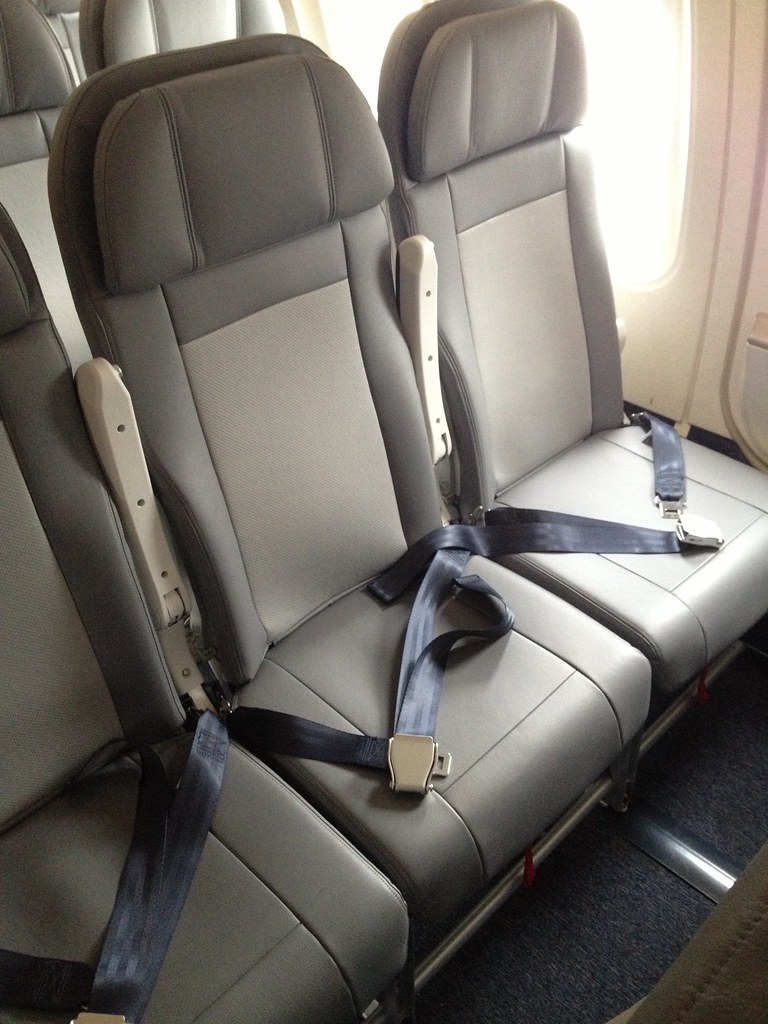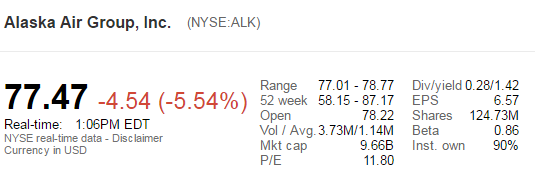According to U.S. Representative Walden’s website, the House has unanimously approved the Treating Small Airports with Fairness Act. The act name is kind of cheesy but essentially it would bring back TSA screening to small airports that lost service at the beginning of 2013 and has a commitment from an airline for service.
The TSA Fairness Act would require the TSA to restore screening services to any airport that lost service after January 1, 2013 and that has a guarantee from a commercial airline to resume service within one year. There are currently at least six airports nationwide that have commercial airlines seeking to resume flights after undergoing a temporary gap in service, but are being denied TSA security screening and personnel. Instead, the agency directed the airports to allow passengers to fly unscreened to their next destination, and undergo screening there.
Klamath Falls is one of the closest airports to Crater Lake so this change will make it easier for tourists to make it to that lovely attraction, not to mention the rest of southern Oregon. If the act passes in the Senate the airline that has already been tapped to operate the Portland-Klamath Falls service would be PenAir, who has already started a number of routes out of Portland and is partners with Alaska Airlines.
There is no date for when the Senate would vote on the legislation, but I will definitely be on the look out for its passing.



